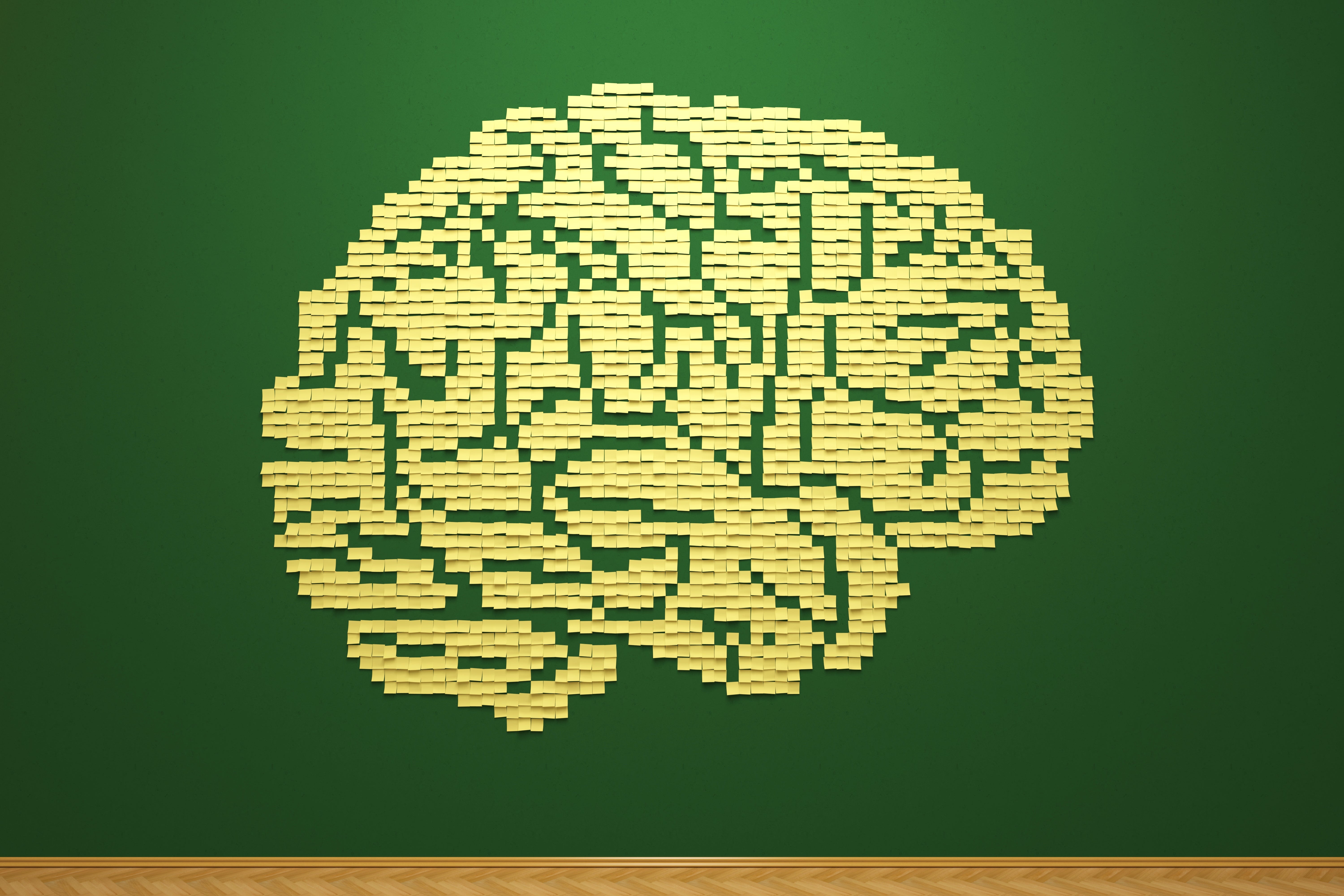

So, when you have the moment of déjà vu, your mind treats it as a memory, hence the familiar feeling you get. Deja vu is then explained as something your mind psychically foresaw before you physically experienced it.

This theory is based on the idea that your subconscious mind is not confined by time or space. To shed some light on the déjà vu mystery, here are 8 popular theories to explain the phenomenon known as déjà vu: 8 Theories to Explain Déjà Vu Precognition From scientists to psychics, from psychologist to philosophers, there seem to be as many theories about what déjà vu is as there are people to experience them. Yet déjà vu, French for “already seen”, has people from all walks of life attempting to explain what it is and what causes it. It’s a difficult thing to study, as the incident is usually fleeting, occurs randomly and only to one person, therefore leaving no tangible evidence or witnesses to examine. This is a question people have been trying to answer for centuries our fascination never ceasing due to the mystical quality of the experience. It puts the observer in a state of cognitive dissonance as they simultaneously experience something to be both new and old.īut what causes déjà vu, and why does it occur? Is there some hidden meaning in these experiences, or are they nothing more than a blip of the brain, a temporary hiccup in the mental synapses that power our minds?

Déjà vuĭéjà vu is a term used to describe the odd feeling one gets when a fresh experience somehow feels familiar. What these moments have in common is that each depicts the inexplicable phenomenon known as déjà vu. Or maybe you are chatting with a friend when, in a fleeting moment, what you are looking at, hearing, feeling and thinking seems to spark a vague familiarity in your mind for no apparent reason. You’re on a trip to a place you’ve never been before when suddenly you have a flash of recognition, as if you know what is going to be around the next corner.


 0 kommentar(er)
0 kommentar(er)
